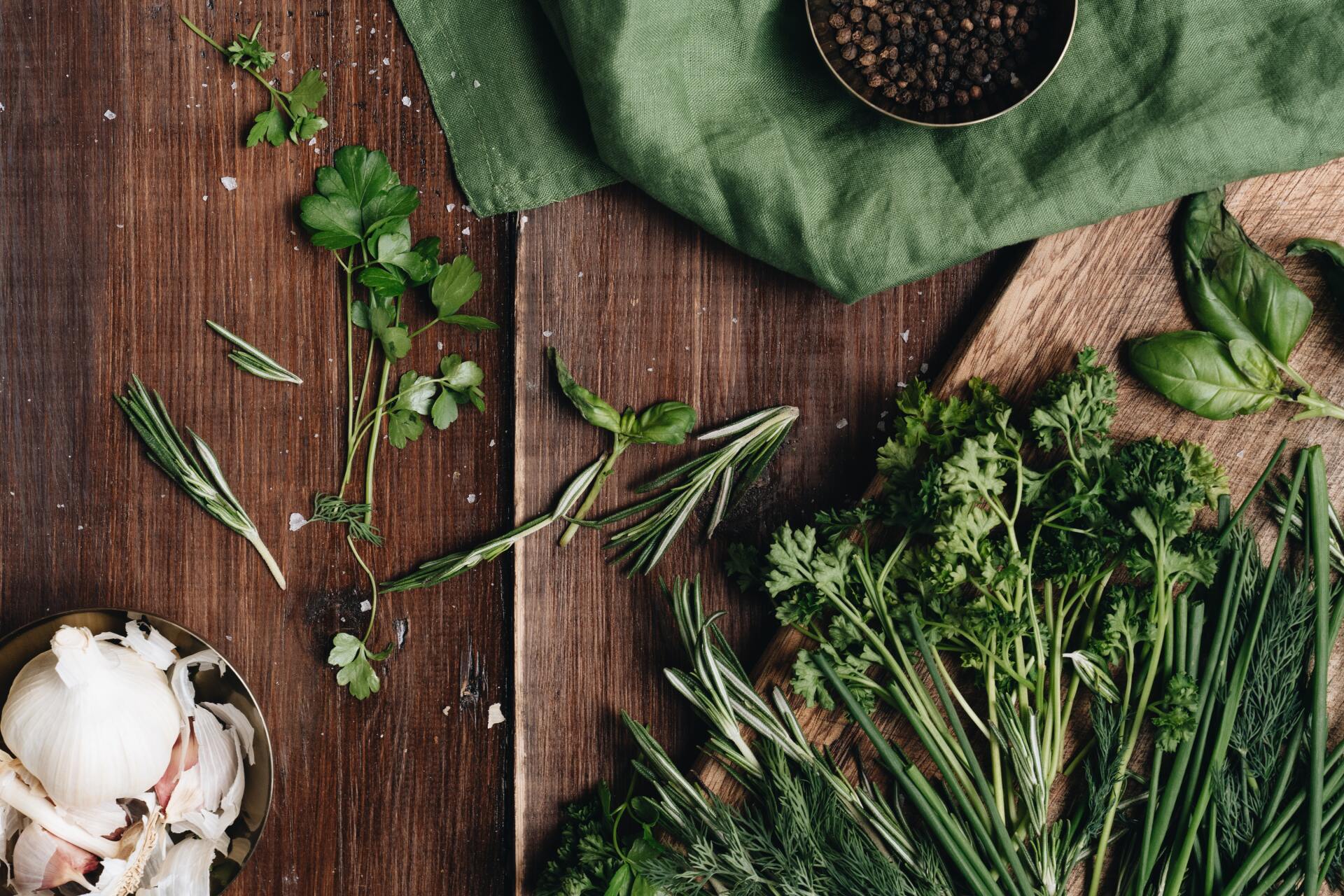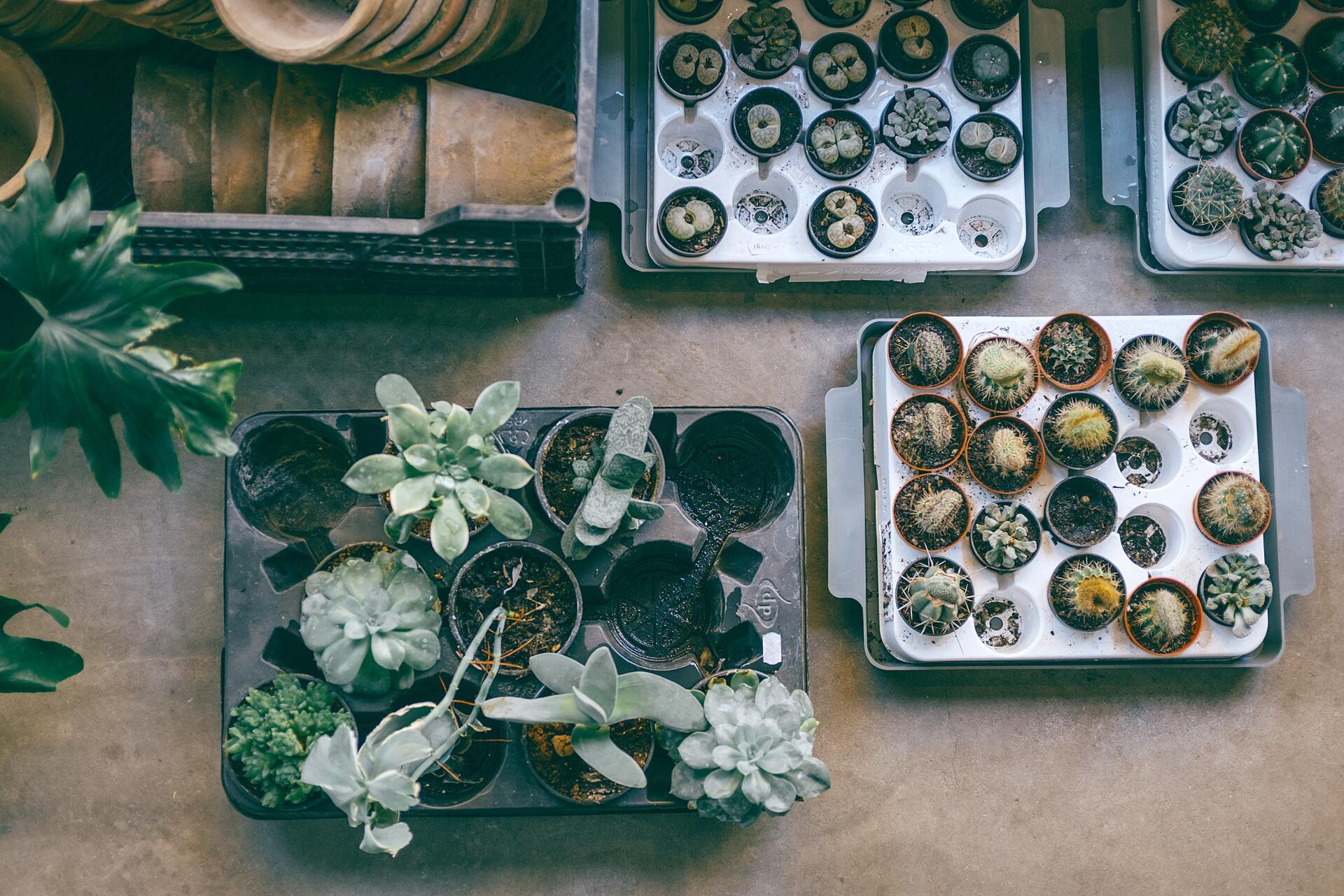What if nutrition was the answer all this time?
There is a simple reason why we stand behind the Horticultural industry and vouch for it, and that’s: a healthy lifestyle.
Here are a few insights we believe are crucial to our society's well-being.
It is nothing new that our society battles with masive mental health issues such as: social anxiety, depression, panic attacks, phobia and many other important problems that have changed our day to day life.
With a little bit of knowledge, from a Horticultural perspective, we believe that: You are what you eat! And what you eat transforms you as a person, and it either helps you or ( best case scenario) it doesn’t!
Some random stats:
- 1 in 4 people will experience a mental health problem of some kind each year in England.
- 1 in 6 people report experiencing a common mental health problem (like anxiety and depression) in any given week in England.
- 1 in 5 people have suicidal thoughts
- 1 in 14 people self-harm
- 1 in 15 people attempt suicide.
- People reporting self-harm went up by 62% between the years 2000–2014 (that means it more than doubled)
As you know all of these symptoms are caused by stress, unhealthy lifestyle, unbalanced emotions, etc.
But, there is something else that somehow has the ability to influence all of the above more than anything else, and studies have found that it may be the most important factor: Nutrition.
Let’s de-construct it very simple:
Research published in the journal Nutritional Neuroscience revealed that for adults under 30, eating lots of fast food significantly increased perceived mental distress.
Why?
Because the connection between diet and emotions stems from the close relationship between your brain and your gastrointestinal tract, often called the “second brain”, is the reason why food is the answer to how we take on the world on a day to day bases.
Here’s how it works: Your GI tract is home to billions of bacteria that influence the production of neurotransmitters, chemical substances that constantly carry messages from the gut to the brain. (Dopamine and serotonin are two common examples.)
Eating healthy food promotes the growth of “good” bacteria, which in turn positively affects neurotransmitter production. A steady diet of junk food, on the other hand, can cause inflammation that hampers production.
So what should you put on a table?
Fiber
Plant-based foods are full of fiber, which helps your body absorb glucose – or food sugars – more slowly and helps you avoid sugar rushes and crashes. Fiber-rich foods include fruits, vegetables, and nutrient-filled carbs like whole grains and beans.
Antioxidants
These inflammation fighters are especially plentiful in berries, leafy green vegetables, the spice turmeric and foods with Omega-3 fatty acids, including salmon and black chia seeds. Dark chocolate also contains antioxidants – and sugar – so indulge in moderation.
Folate
This type of B vitamin helps with dopamine production without forcing it to surge the way sugars do. Find it in leafy greens, lentils and cantaloupes.
Vitamin D
Vitamin D helps with the production of serotonin, and we usually get it from exposure to sunlight. But mushrooms – especially reishi, cordycep and maitake – are another good source, Jacobs says. (If you are deficient in vitamin D, your doctor may also recommend taking a supplement. Aetna members may receive discounts on supplements; check your plan’s benefits for details.)
And guess what? Some of these you can grow by yourself in your back garden! By doing that you add another important ingredient to fighting mental health problems: An active physical life!
An active physical life, does nothing more than to keep your brain occupied/engaged, which, by the way is the number one secret to a healthy mental state.







